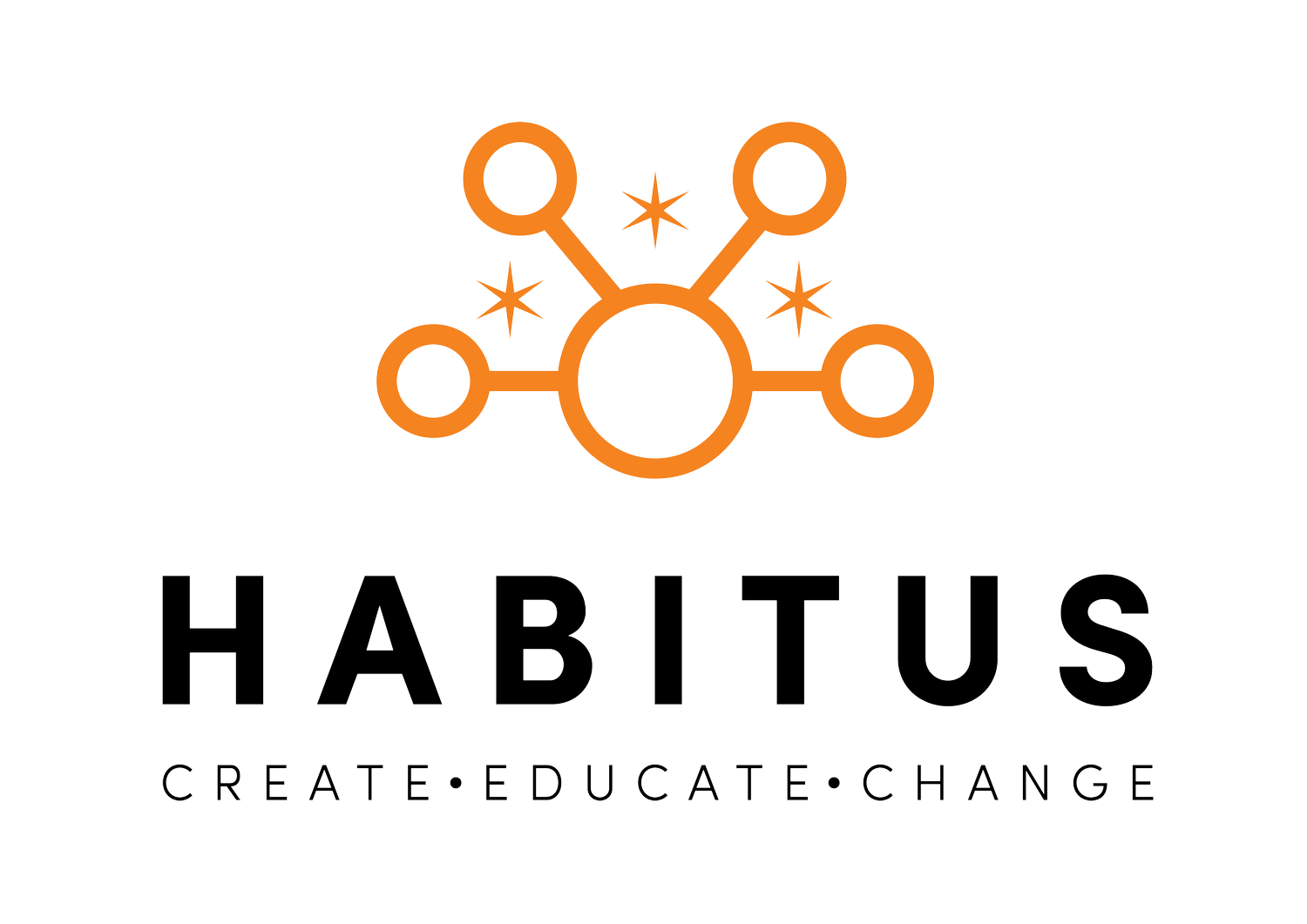Anthropology + Leadership: Improving Leadership by Understanding People
So you have heard me talk before about how I struggled growing up, trying to work out how to be a brown person in a very white 1980s Australia, and trying to work out how to be a not-so-masculine man in a hyper-masculine world.
I don’t think I’m alone in feeling out of place…but I think that sometimes I just didn’t get what it meant to be normal (to be completely honest, I don’t actually think “normal” is even a thing!). In fact, I have spent a lot of my valuable time feeling like everybody else knew the rules of the game except for me.
And that, my friends, is the very reason I have dedicated over half of my life trying to understand what it means to be human.
Anthropology is quite literally the study of humans. It has helped me to make sense of my own humanity because a big part of Anthropology is to challenge the assumption that there is only one way of being human.
This was super helpful for me as an awkward young adult…but now that I am all grown up (I think), I have found it to be a really valuable lens through which to see the world and understand the complexity of human relationships in a whole range of spaces.
It’s no secret that one of my key motivations for starting Habitus is to “Make Anthropology a Household Name!”
Anthropology provides you insight into the lived experiences of your users, customers, team members, participants or clients, helping you understand their needs with more depth and sophistication than traditional research methods.
Sound anthropological research techniques help you build better products, better experiences, and better services.
You know what…I’m just gonna go right out and say it…Anthropology is essential for anyone who works with and for humans!
So, it is with that in mind, that we've pulled together just a few of the people who are using anthro approaches to demystify their own industries - from economics to design, anthropology plays a part:
Listen
How to Think Like an Anthropologist with Gillian Tett
Gillian Tett, Financial Times Columnist, discusses how analysing linguistic behaviour through her training as a cultural anthropologist helped her foresee the 2008 financial crash.
Read
Leading Like an Anthropologist with Dr. Drew Jones
Anthropology is concerned with understanding how people see and experience the world. It gives you insight into your people’s needs with more depth than traditional methods.
Watch
Why Designers should urgently listen to Anthropologists with Michael Leube
He shows us why the future needs great design, which has taken millions of years of human evolution, and how we should shape our present environment to fit our biology.



